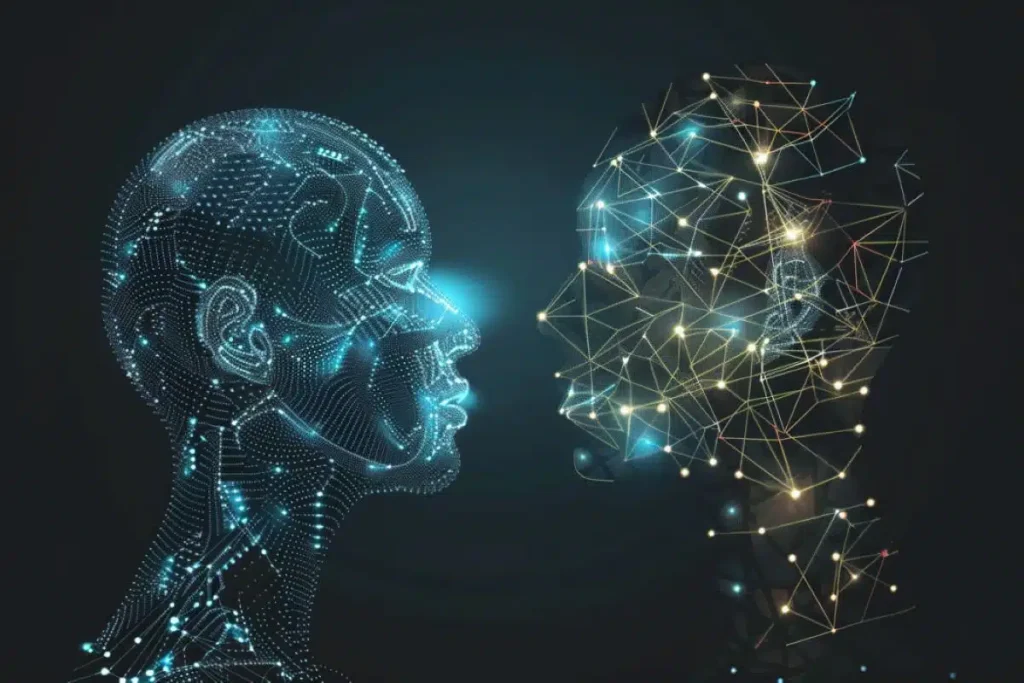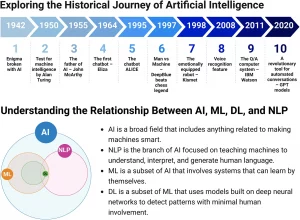People often struggle to distinguish between human voices and AI-generated voices, but our brains respond differently to these two types of voices. This finding was presented at the 2024 Federation of European Neuroscience Societies (FENS) Forum.
The study, conducted by Christine Skjegstad and Professor Sascha Frühholz from the University of Oslo, involved 43 participants who listened to both human and synthetic voices expressing five different emotions: neutral, angry, fearful, happy, and pleasant. Participants were asked to identify whether the voices were natural or synthetic while their brains were monitored using functional magnetic resonance imaging (fMRI), a technique that detects changes in brain blood flow.
The results showed that people correctly identified human voices only 56% of the time and AI voices 50.5% of the time, demonstrating a general difficulty in distinguishing between the two types of voices. However, human happy voices were correctly recognized 78% of the time, while only 32% of happy AI voices were identified as such, suggesting that people associate happiness with humanity.
Neutral AI-generated voices were more easily identified as artificial compared to human voices (75% versus 23%), and neutral AI female voices were recognized more frequently than their male counterparts. Additionally, both AI and human neutral voices were perceived as less natural, trustworthy, and authentic, while human happy voices were considered the most authentic.
Brain activity analysis revealed that human voices activate areas of the brain related to memory (right hippocampus) and empathy (right inferior frontal gyrus), while AI voices stimulate regions associated with error detection (right anterior midcingulate cortex) and attention regulation (right dorsolateral prefrontal cortex).
Christine Skjegstad explained that the current technology’s ability to generate voices almost indistinguishable from human ones presents new challenges, as people find it difficult to tell the difference between the two types of voices. This suggests that AI voice technology can now convincingly mimic human voices.
In the future, researchers plan to explore whether personality traits such as extroversion or empathy influence the ability to distinguish between human and artificial voices. Professor Richard Roche, who was not involved in the study, emphasized the importance of understanding brain responses to AI voices to anticipate the cognitive and social implications of this technology, which could have both risks, such as fraud, and benefits, such as therapeutic support and voice replacements for those who have lost their natural voice.









